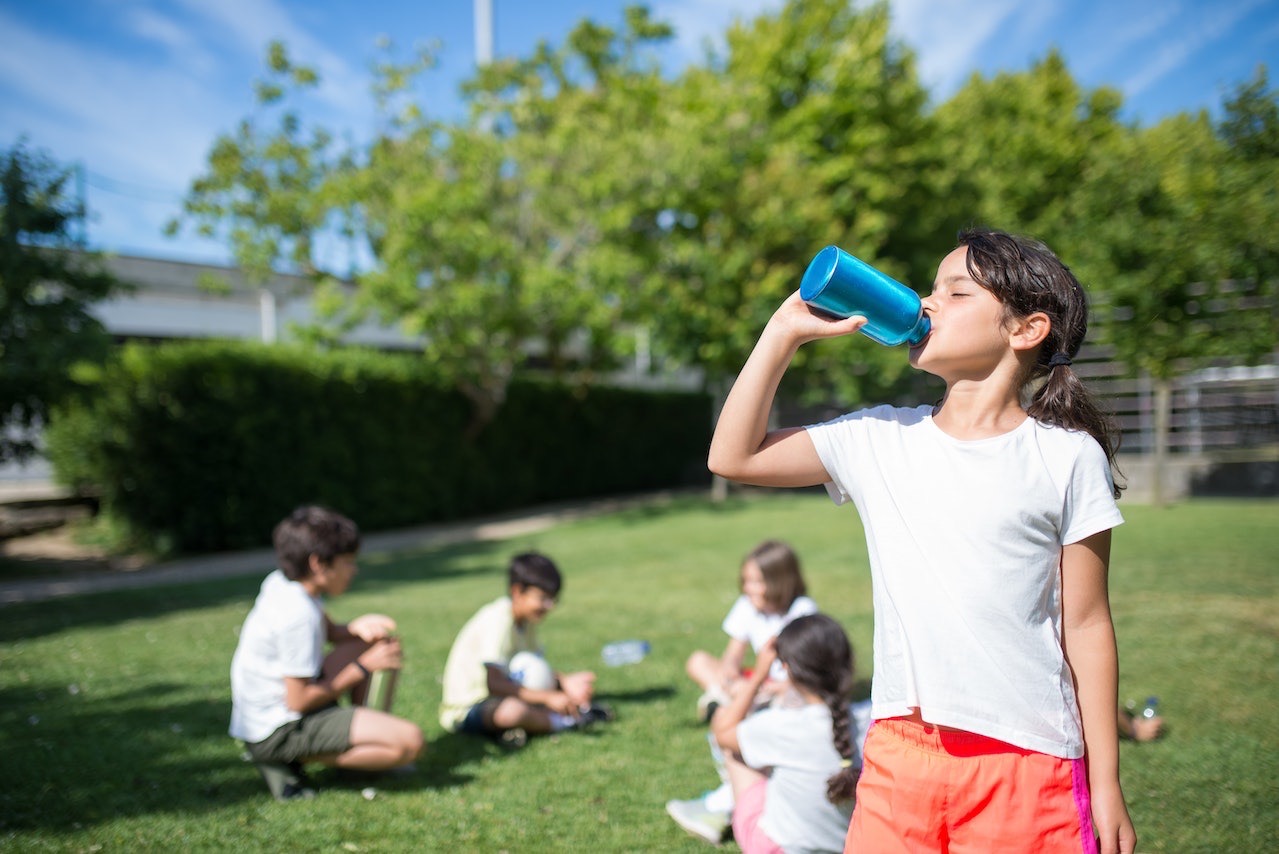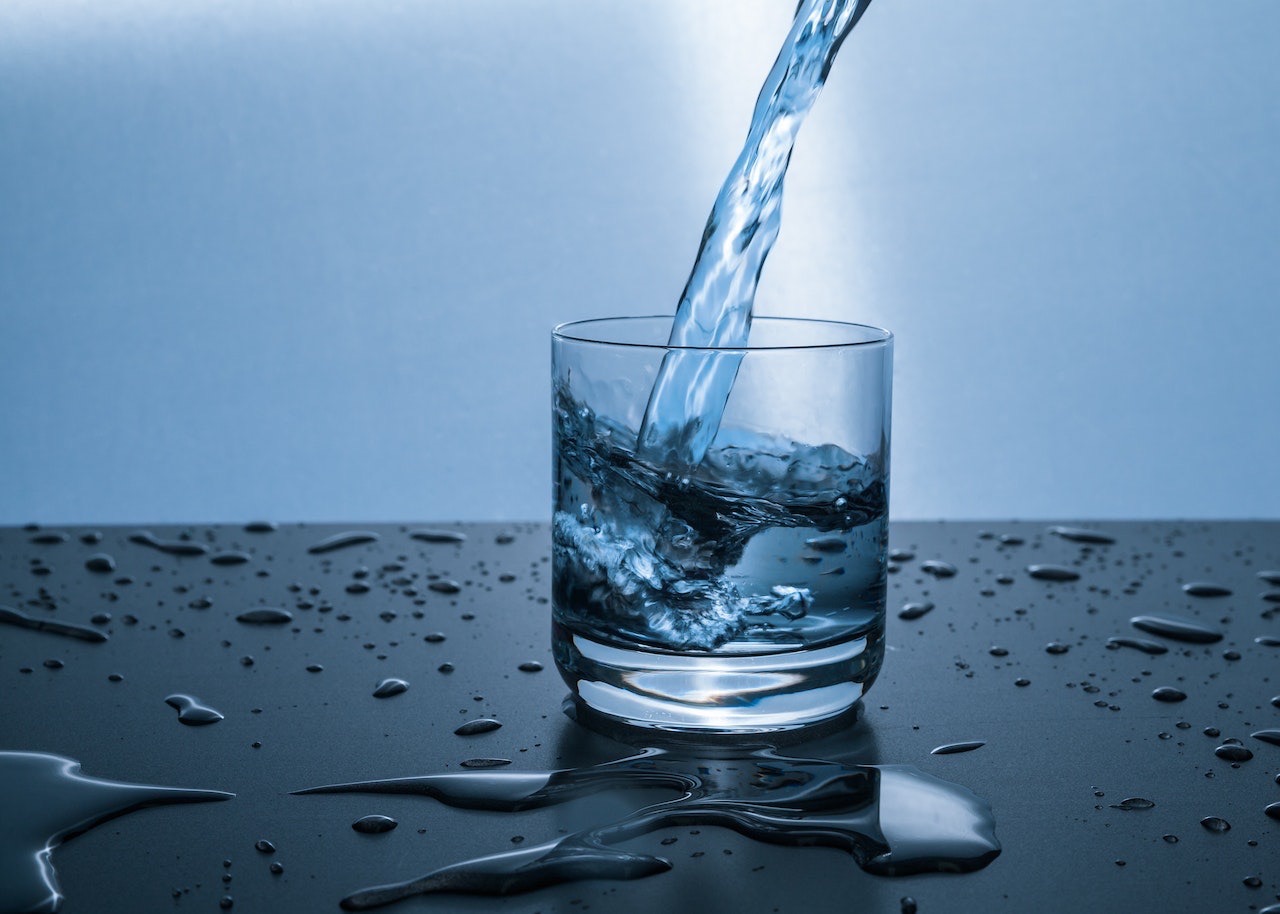Dehydration symptoms in children: keep them hydrated during summer
During summertime, when temperatures increase and children spend more time outside. It’s crucial to ensure they stay hydrated for their overall health. Dehydration symptoms are easy to avoid. Dehydrating happens when the body loses fluids and salts without replacing them. Children are more susceptible to dehydration in the summer since their body’s thermoregulatory system is still developing. This can have negative effects on their health.
What are the Dehydration symptoms in children in the summer?
Here are the most prominent symptoms that may indicate dehydration in children:
1. Dry mouth and lips: If you notice dry lips and mouth in your child. This may be a sign of a lack of fluids in his body.
2. Decreased urination: If a child is not going to urinate regularly and in sufficient quantities, this may indicate a lack of hydration.
3. A change in the color of urine: If you notice that the color of the urine has become darker and more concentrated, this indicates the need to increase fluid intake.
4. Exhaustion: the child may appear inactive and tired as a result of the lack of fluids and salts in his body.
5. Headache and dizziness: The child may suffer from a headache and a feeling of dizziness due to lack of hydration.
6. High body temperature: Dehydration can affect the body’s ability to maintain its normal temperature, making the child more susceptible to overheating.
It is necessary to pay attention to these signs and symptoms, and if any of them appear, you must take quick measures to provide the necessary fluids and hydration for the child, as proper measures can contribute to maintaining his health and preventing dehydration from worsening.
How to deal with cases of dehydration in children
When your baby shows any signs of dehydration, it is important to avoid aggravating the condition and ensure he or she is adequately hydrated. Here are some steps you can take when dealing with dehydration in children:
1. Increase fluid intake: When a child is dehydrated, it is necessary to increase fluid intake. It is preferable to serve water and natural juices diluted with water and avoid soft drinks and drinks with a high percentage of sugar.
2. Offer salt-enhanced fluids: In some cases, it may be necessary to provide an oral solution containing essential fluids and salts to restore the balance of the child’s body.
3. Avoid vigorous physical activity: In case of dehydration, it is preferable to reduce vigorous physical activity for the child so as not to increase fluid loss.
4. Using light and breathable clothes: Choose clothes suitable for hot weather that helps to ventilate and reduce the rise in body temperature.
5. Staying in cool and shaded places: It is preferable to stay in shaded and ventilated areas to avoid direct exposure to the hot sun.
6. Contacting a doctor: If symptoms of dehydration persist or worsen, a doctor should be consulted to provide the necessary medical care.
you can also check: Sunstroke and Heat Exhaustion: How to protect your child during summer?
Important tips to keep children hydrated amid rising temperatures
With summer temperatures soaring, keeping children hydrated is essential to keeping them healthy and comfortable. Here are some top tips to help them stay hydrated:
1. Increase fluid intake regularly: Encourage your children to drink fluids regularly throughout the day. You can provide drinks such as water, natural fruit juices, and sugar-free drinks.
2. Provide watery foods: Choose foods rich in water, such as fruits and vegetables, such as watermelon, cucumber, and oranges, which contribute to providing an additional percentage of fluids.
3. Avoid direct exposure to the sun at peak hours to avoid direct exposure to sunlight.
4. Using hats and sunscreen: When you go outside, make sure to equip your children with hats and sunscreen to protect them from the harmful rays of the sun.
5. Providing water activities: whether in the swimming pool or water games, while ensuring that appropriate supervision is provided to ensure their safety.
6. Encourage
relaxation: During periods of extreme heat, encourage your children to take breaks and relax in the shade to avoid exhaustion and dehydration.
7. Monitor the condition of the body and urine: Monitor the appearance of the skin and urine color of your children.







